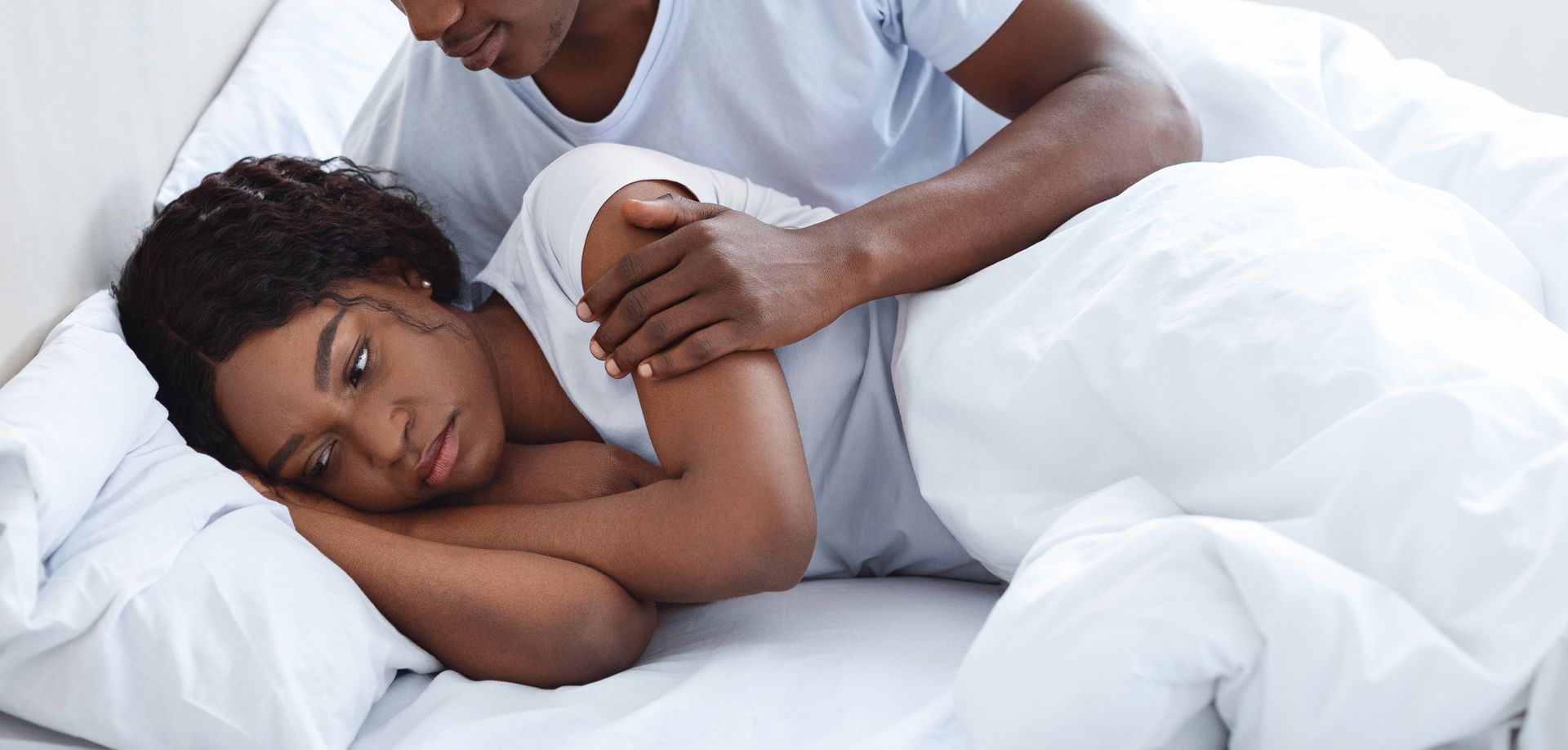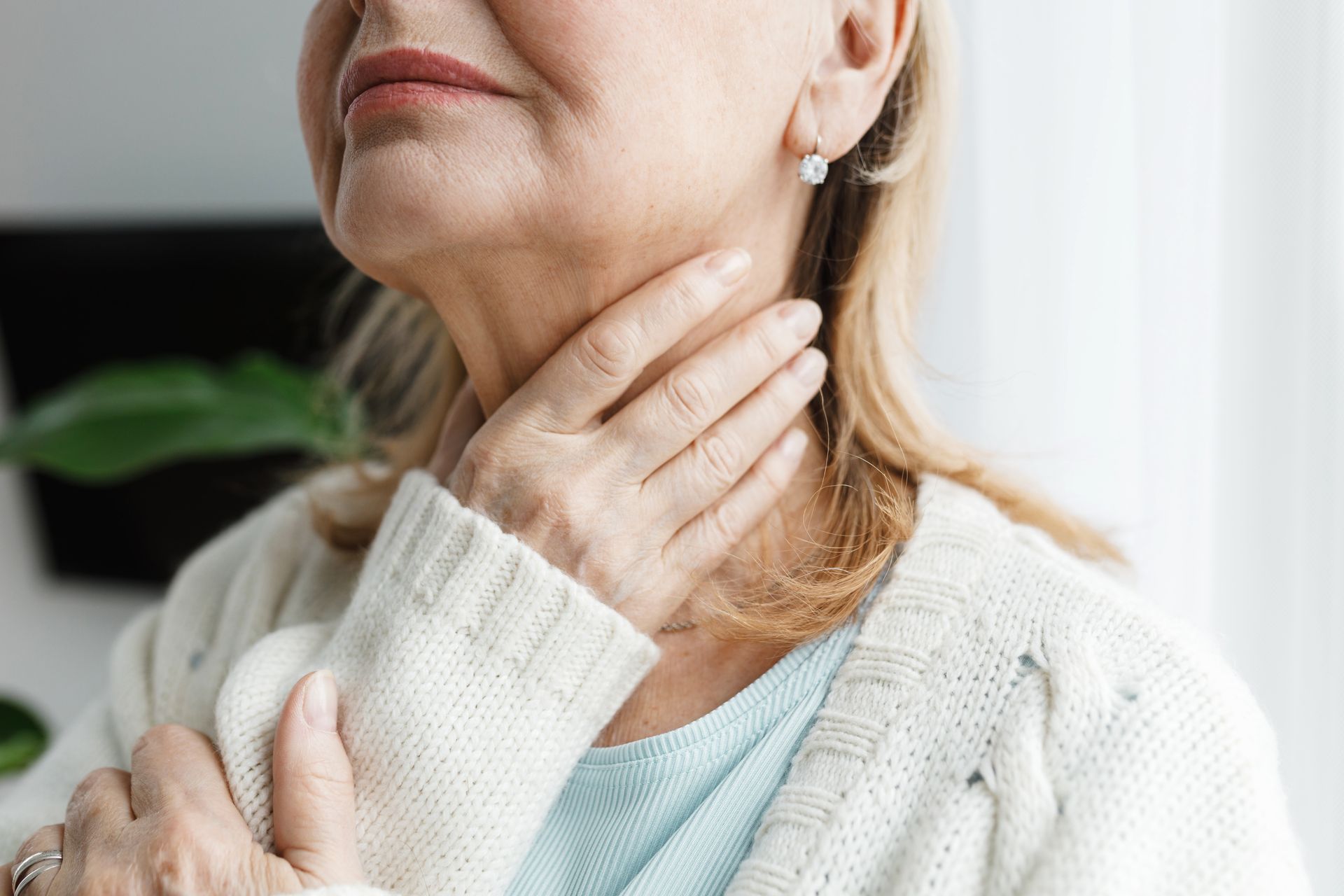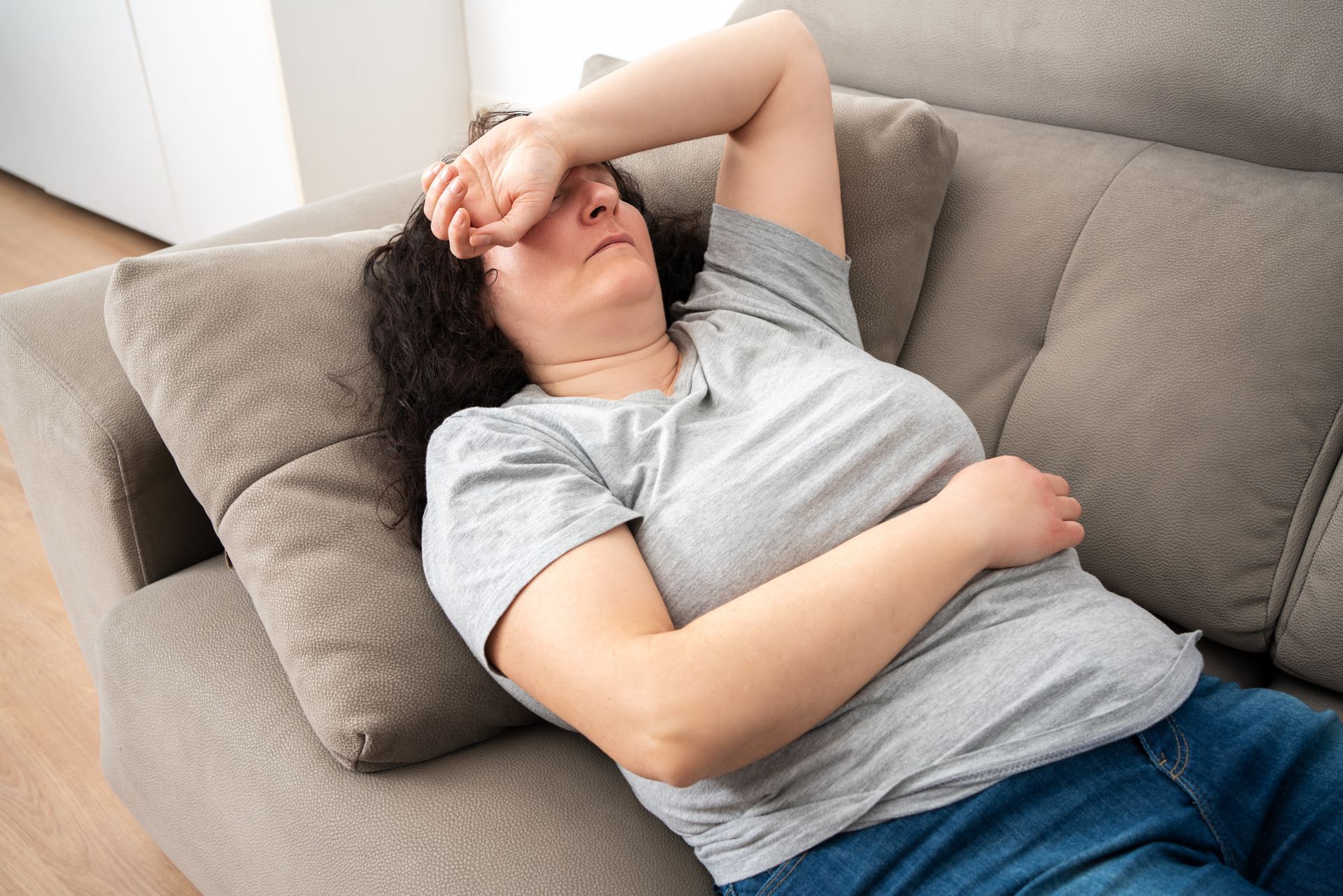Low Libido In Women: Could it be Hypoactive Sexual Desire Disorder?

Sexual health is an important part of overall well-being, yet it’s a topic many women hesitate to discuss. When desire fades, it’s easy to assume it’s just stress, aging, or “all in your head.” But for many women, low sexual desire can be the result of a medical condition called hypoactive sexual desire disorder (HSDD). Recognizing the signs and understanding treatment options can help break the stigma and restore confidence.
What Is Hypoactive Sexual Desire Disorder?
Hypoactive sexual desire disorder (HSDD) is defined as a persistent lack of interest in sexual activity that causes distress or strain in relationships. It’s more than just a temporary dip in libido. Women with HSDD often feel frustrated or concerned by their loss of desire, and the condition is recognized by healthcare providers as a legitimate sexual health disorder.
Common Causes of Low Sexual Desire in Women
There’s no single cause of HSDD. Instead, it often develops from a mix of biological, psychological, and social factors, including:
- Hormonal changes – Shifts in estrogen, progesterone, or testosterone during perimenopause, menopause, after childbirth, or with certain birth control methods.
- Emotional health – Anxiety, depression, or past trauma can lower desire and affect intimacy.
- Relationship dynamics – Conflict, lack of communication, or decreased closeness can reduce sexual interest.
- Medical factors – Conditions such as thyroid disorders or side effects from medications like antidepressants can play a role.
How to Tell if You Have Hypoactive Sexual Desire Disorder?
Women experiencing HSDD typically notice:
- Persistent lack of sexual thoughts or interest lasting 6 months or more.
- Distress or frustration linked to decreased desire.
- Strain on relationships and overall quality of life.
It’s important to distinguish these symptoms from normal changes in desire that happen occasionally. The key difference is that HSDD is ongoing and emotionally impactful.
How HSDD Is Diagnosed
A diagnosis usually begins with an open conversation between a woman and her healthcare provider. The process may include:
- A review of medical, sexual, and relationship history.
- Screening for underlying conditions such as thyroid issues or medication side effects.
- Identifying whether low desire is persistent and distressing enough to be considered HSDD.
This patient-centered approach ensures that all potential contributors are addressed.
Treatment Options for Women with Low Sex Drive
The good news is that HSDD is treatable. Care often involves a combination of approaches:
- Lifestyle changes – Improving sleep, managing stress, and staying active can positively affect sexual health.
- Therapy and counseling – Sex therapy or couples counseling helps address emotional or relationship-based factors.
- Hormone therapy – For women with hormonal imbalances, carefully monitored hormone replacement therapy may restore balance and improve libido.
- Medications – FDA-approved medications such as flibanserin and PT-141, work directly on the brain pathways that regulate desire.
Reclaim Sexual Wellness with Personalized Treatments for Low Libido
Many women suffer in silence, assuming low desire is something they have to accept, but seeking support and exploring treatment options can improve not just sexual health but overall confidence and quality of life.
At Rejuvime Medical, our mission is to help women take back control of their sexual wellness. We understand that every woman’s experience with HSDD is unique. That’s why we take a personalized approach to care, beginning with a comprehensive consultation and advanced lab testing to uncover the root causes of low libido.
Our team specializes in hormone replacement therapy, medically supervised treatments, and innovative options like PT-141 for women experiencing hypoactive sexual desire disorder. We combine medical expertise with compassionate support to help restore balance, improve sexual health, and boost overall confidence.
Hypoactive sexual desire disorder is not simply in your head; it’s a real condition with real solutions. If low desire has been affecting your well-being or relationships, know that help is available. Contact us today to schedule a consultation and learn more about how you can restore balance, improve intimacy, and reclaim a fulfilling part of your health.
Get in Touch
Questions? Contact us today by phone or book an appointment online.
Questions? Call our office:
(225) 228-3128





